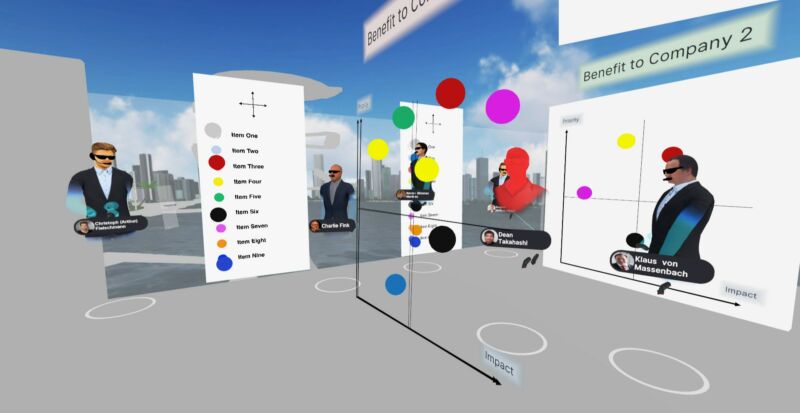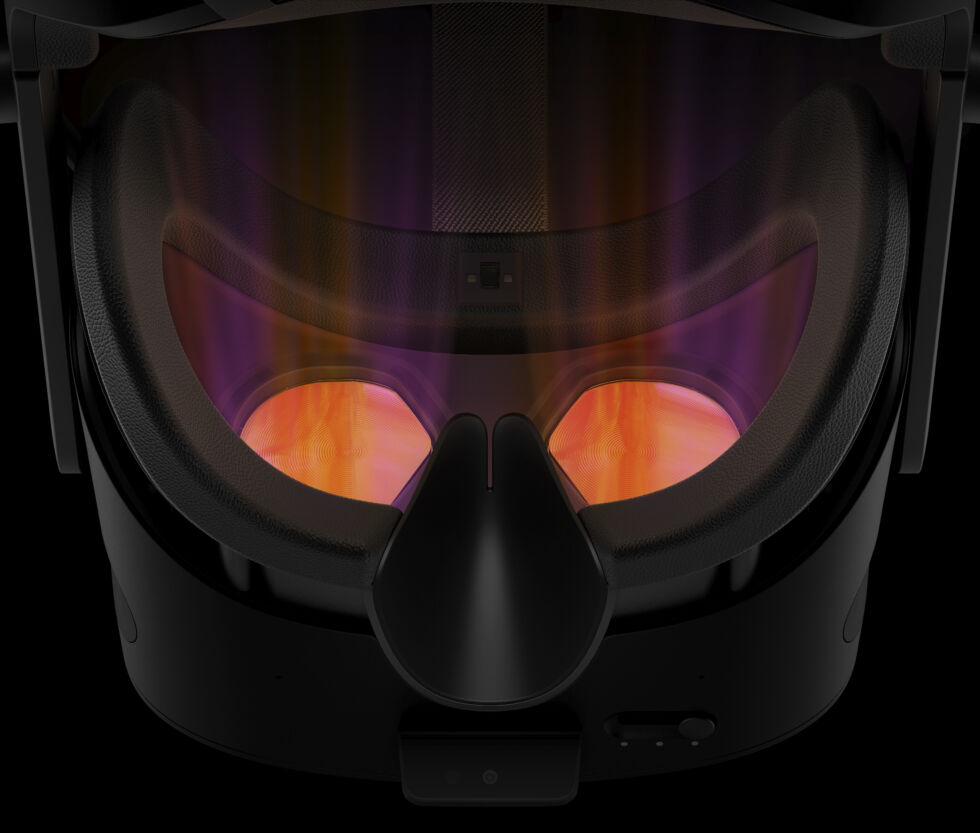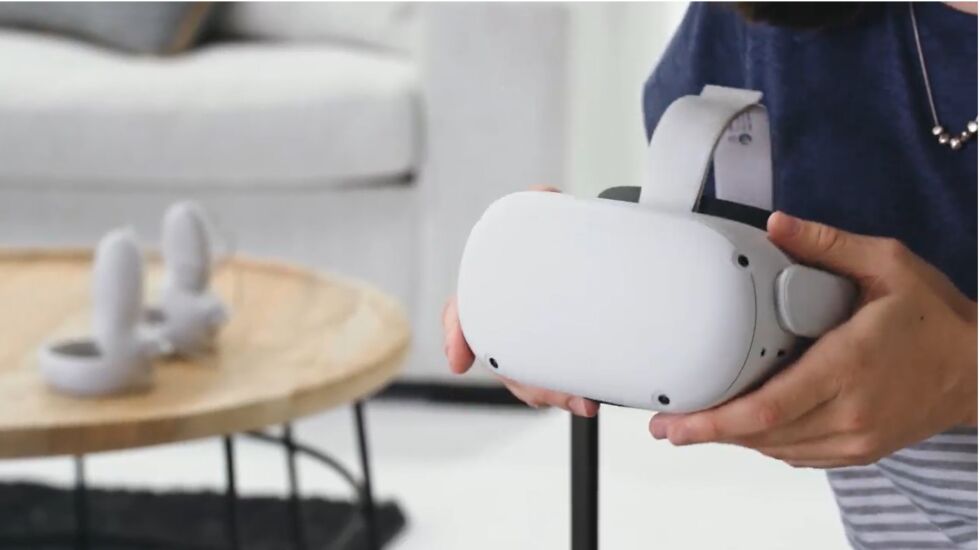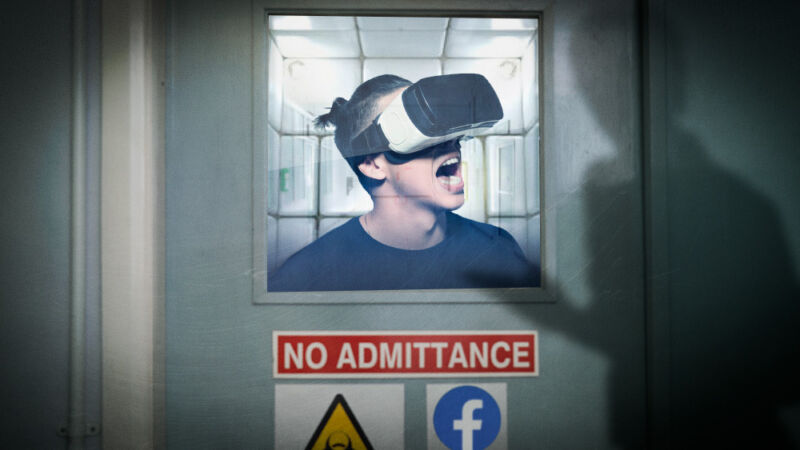-
 chevron_right
chevron_right
VR meetings are weird, but they beat our current reality
Eric Bangeman · news.movim.eu / ArsTechnica · Sunday, 13 December, 2020 - 12:26

Enlarge (credit: Arthur VR)
The Sun never sets in virtual reality. This occurred to me after an hour-long briefing in an Oculus Quest 2 headset. Joined by more than a dozen other floating avatars, we teleported our way around an “outdoor” meeting space that could only be described as aircraft-carrier-meets-Croatian-vacation.
Beyond the vast expanse of virtual breakout spaces was a stunning sunset, but the day never grew dark. When I pressed a button on the Touch Controller a tad too long, I ended up standing unnervingly close to another avatar, a fellow journalist. Then I remembered that you can’t catch the coronavirus from a digital simulacrum.



